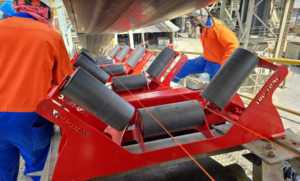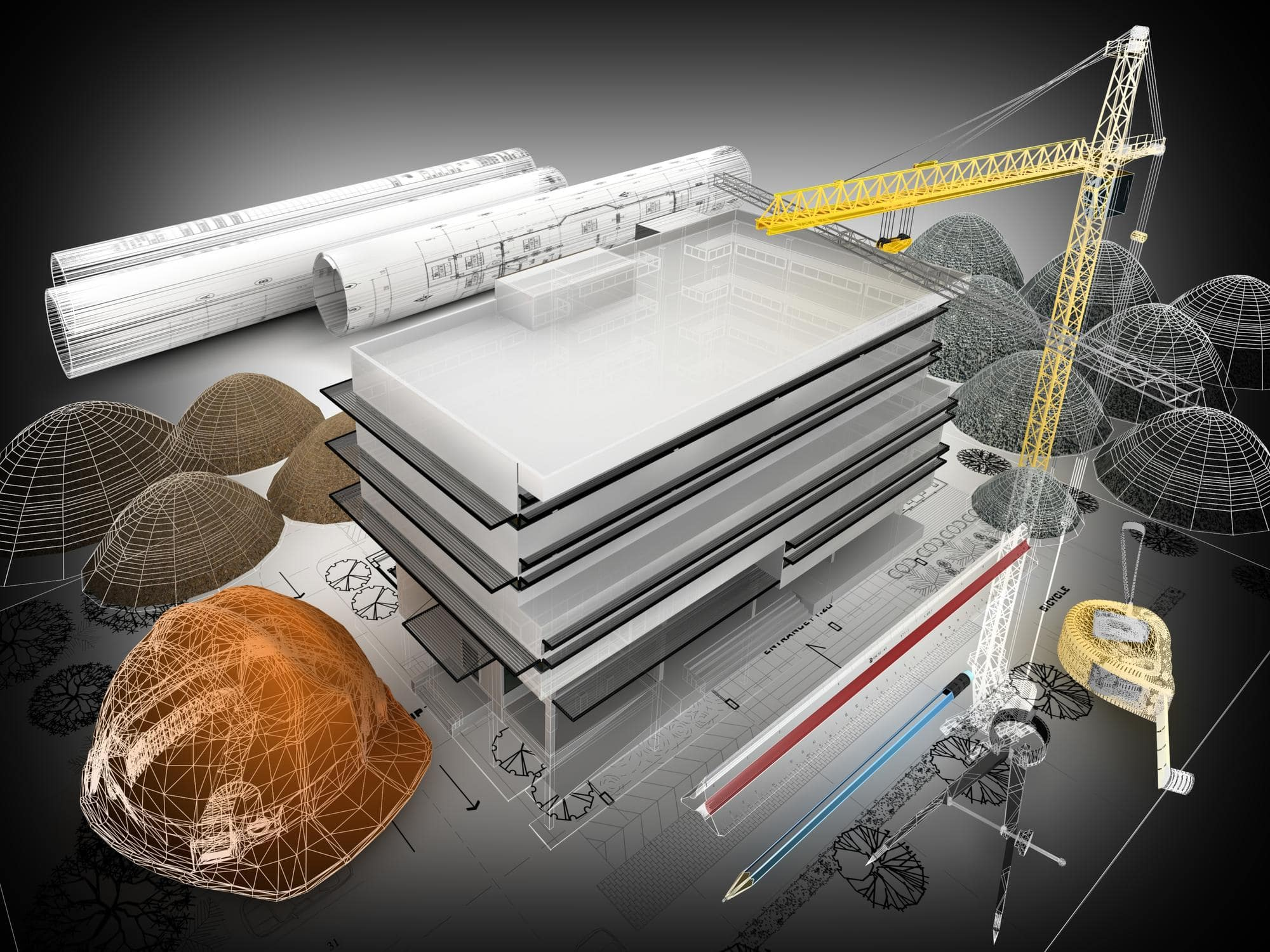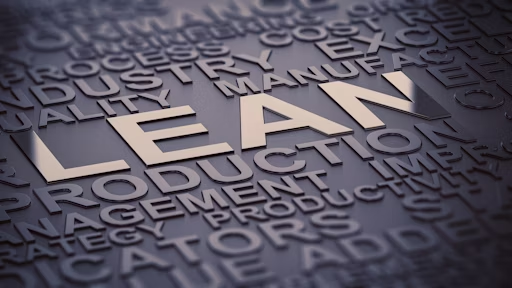Embracing Lean Manufacturing: Transforming the Industrial Landscape. In today’s highly competitive industrial environment, companies are constantly seeking innovative ways to enhance efficiency, reduce waste, and improve overall productivity. Lean manufacturing, a methodology rooted in maximizing value while minimizing waste, has emerged as a transformative approach reshaping the industrial landscape.
Origins and Principles of Lean Manufacturing
Lean manufacturing traces its origins to the Toyota Production System (TPS) developed by Toyota in the mid-20th century. The core principles of lean manufacturing focus on creating more value for customers with fewer resources. This is achieved through continuous improvement, respect for people, and the systematic elimination of waste—referred to as “Muda” in Japanese.
Key Components of Lean Manufacturing
- Value Stream Mapping (VSM): This involves analyzing and designing the flow of materials and information required to bring a product to the customer. VSM helps identify and eliminate non-value-adding activities, streamlining processes and reducing lead times.
- 5S Methodology: A systematic approach to workplace organization, the 5S methodology includes Sort, Set in order, Shine, Standardize, and Sustain. This method enhances efficiency, safety, and employee morale by maintaining an organized and clean workplace.
- Kaizen (Continuous Improvement): Kaizen encourages ongoing, incremental improvements involving all employees. This culture of continuous improvement fosters innovation and problem-solving, leading to sustained performance enhancements.
- Just-In-Time (JIT) Production: JIT focuses on producing only what is needed, when it is needed, and in the exact amount needed. This reduces inventory costs and minimizes waste, leading to more responsive and efficient production processes.
- Kanban System: A visual scheduling system, Kanban helps manage workflow and inventory. By using visual cues to signal production stages and inventory levels, Kanban ensures a smooth flow of materials and prevents overproduction.
Benefits of Lean Manufacturing
- Enhanced Efficiency: Lean manufacturing streamlines processes, reduces lead times, and optimizes resource utilization, resulting in significant efficiency gains.
- Reduced Waste: By identifying and eliminating waste, companies can lower costs, improve environmental sustainability, and enhance profitability.
- Improved Quality: Lean principles focus on quality at every stage of production, leading to fewer defects and higher customer satisfaction.
- Employee Engagement: Lean manufacturing empowers employees by involving them in continuous improvement efforts, fostering a culture of collaboration and innovation.
- Greater Flexibility: Lean methodologies enable companies to respond more quickly to market changes and customer demands, enhancing their competitive edge.
Challenges and Implementation Strategies
Implementing lean manufacturing can be challenging, particularly for companies with deeply ingrained traditional processes. Successful adoption requires a cultural shift, strong leadership, and ongoing commitment to continuous improvement. Here are some strategies for effective implementation:
- Leadership Commitment: Senior management must champion lean initiatives and demonstrate a long-term commitment to lean principles.
- Employee Training: Comprehensive training programs should be established to educate employees at all levels about lean concepts and tools.
- Pilot Projects: Start with small-scale pilot projects to demonstrate the benefits of lean manufacturing and build momentum for broader implementation.
- Continuous Monitoring: Regularly monitor and measure progress, using key performance indicators (KPIs) to track improvements and identify areas for further enhancement.
Conclusion
Lean manufacturing is more than just a set of tools; it’s a transformative philosophy that drives continuous improvement and operational excellence. As industries face increasing pressure to improve efficiency and reduce waste, lean manufacturing offers a proven pathway to achieving these goals. By embracing lean principles, companies can not only enhance their competitiveness but also contribute to a more sustainable and innovative industrial future.
For more insights and in-depth analysis on lean manufacturing and other industry trends, stay tuned to Industrial Edge Magazine, your trusted source for cutting-edge industrial developments.



















